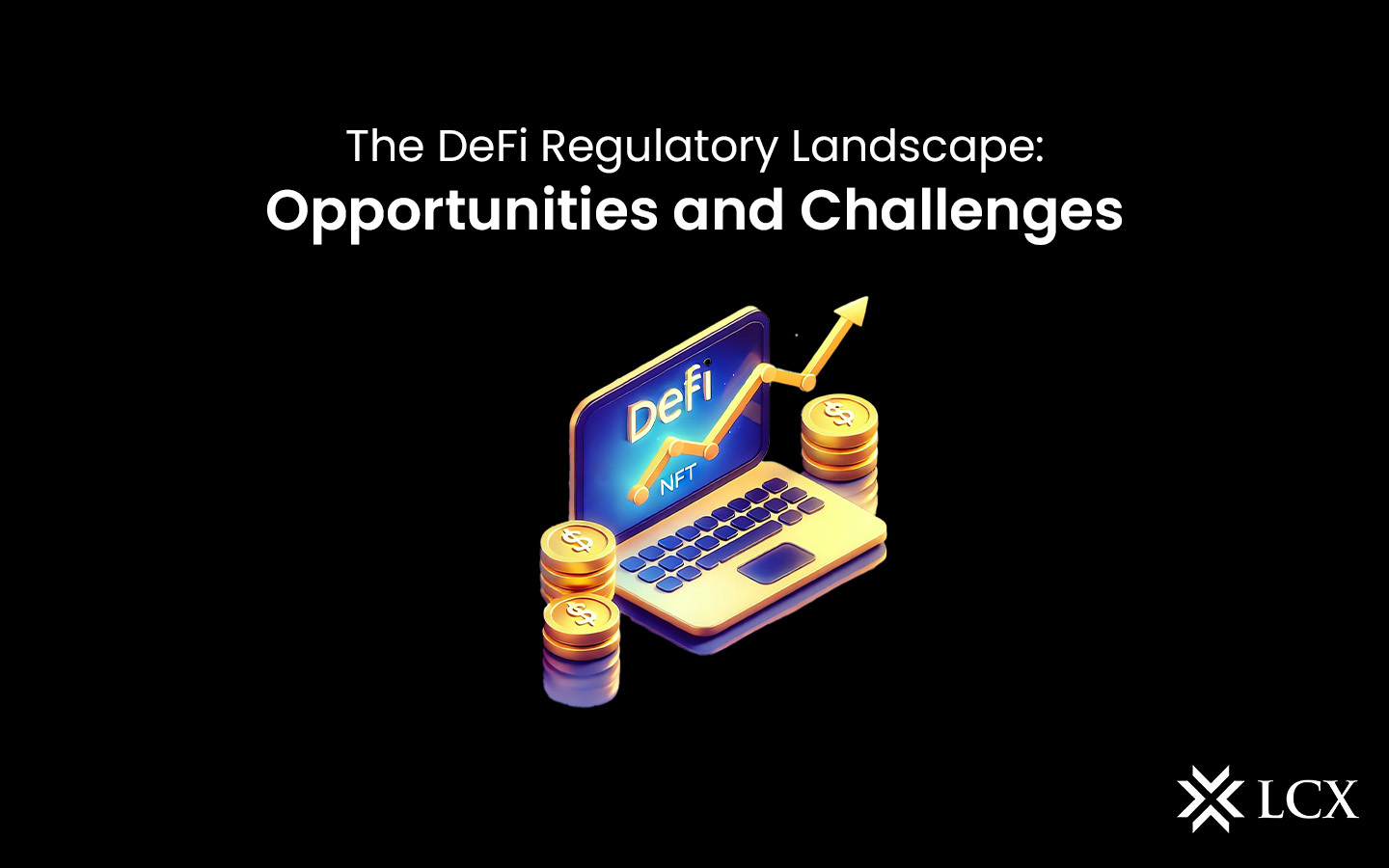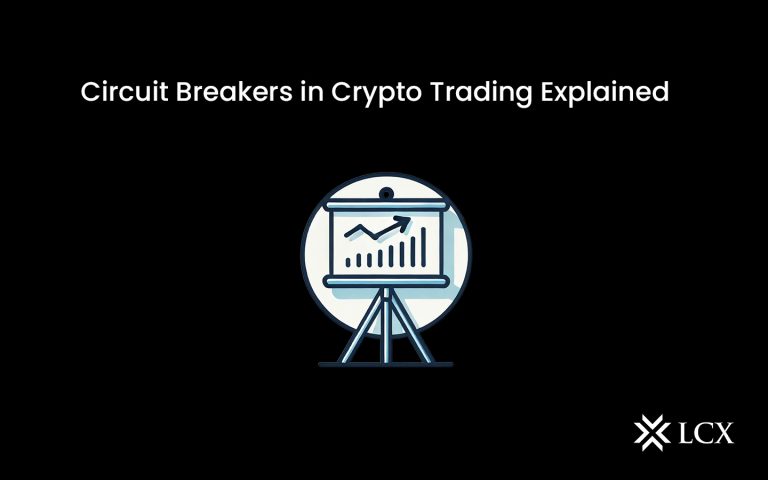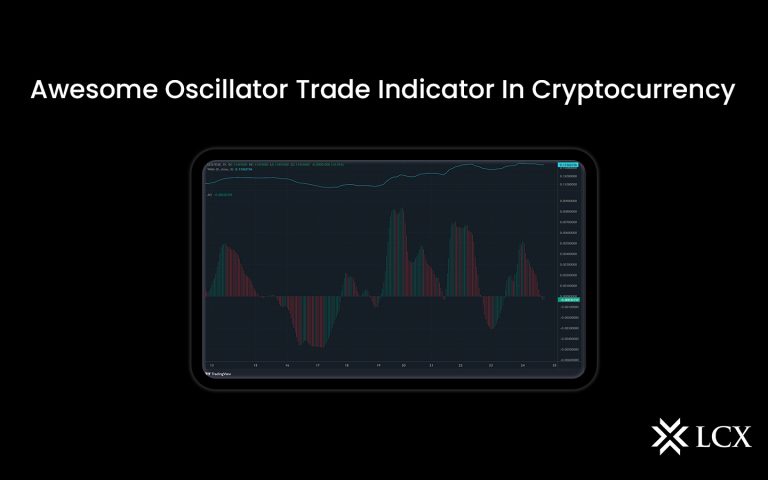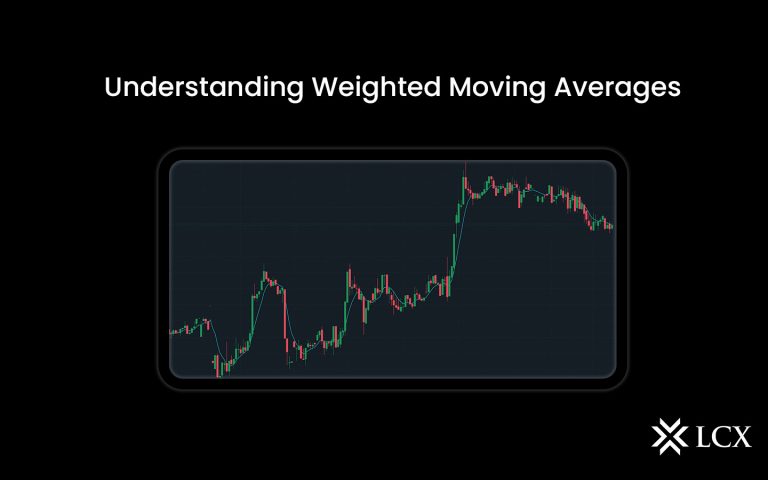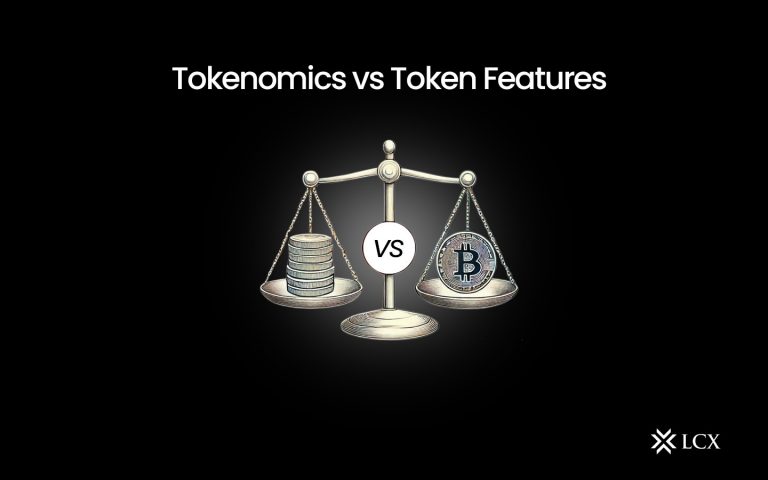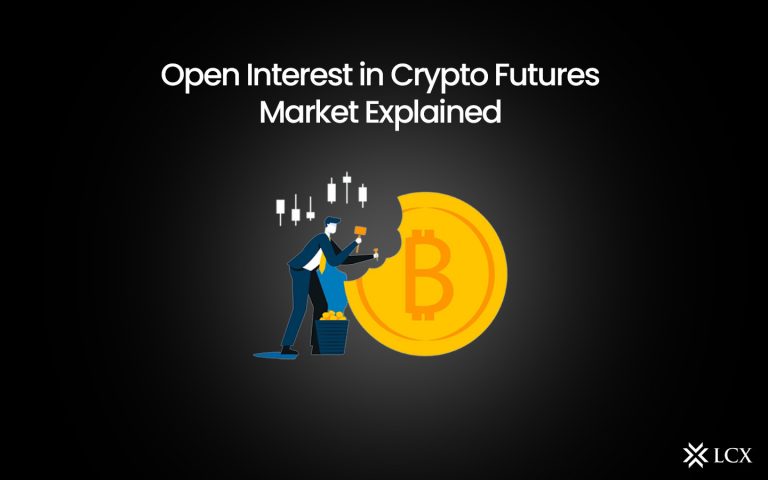Decentralized finance is a paradigm shift in the way we think about money, allowing us to unlock the full potential of the global economy.
Decentralized finance (DeFi), one of the fastest-growing ecosystems in the cryptocurrency market, has long been an enigma for regulators. Decentralized Finance is built on top of blockchain technology and is designed to be open and accessible to everyone.
The DeFi ecosystem has garnered much attention from users as the protocols allow customers to trade, borrow, and lend digital assets sans any intermediary. DeFi is all about being decentralized, and most of the projects are run by smart contracts and decentralized autonomous organizations (DAOs) that are run automatically. Since most DeFi protocols don’t require heavy “Know Your Customer” (KYC) requirements, making way for traders to trade anonymously, the regulations governing DeFi will have to be developed accordingly and in sync with the decentralized nature of the platform.
DeFi regulation: Protecting investors and fostering growth in decentralized finance
DeFi has the potential to disrupt the traditional financial industry. However, with the increased interest and adoption comes the need for regulation to ensure the safety and security of users and their funds. There is an opportunity in the crypto ecosystem to find the appropriate balance between innovation and regulation. Regulations should give DeFi enough breathing room to make a difference by boosting transparency and enhancing financial inclusion.
With clear guidelines, defining the use of decentralized financial tools and techniques will lead to a more efficient, predictable, and stable environment for businesses and individuals. Stability would drive growth and development in the broader decentralized financial ecosystem.
DeFi harbors the potential to create a fairer, more transparent market with enhanced liquidity while simultaneously boosting new development mechanisms and reducing fraud.
Unnecessary regulations can impede progress in the DeFi sector
Regulations have the potential to boost unparalleled growth within the DeFi landscape, but there is also a potential for overreach that can stifle innovation and growth, followed by unintended consequences.
Defining the right regulation could make or break DeFi, and the regulators need to keep in mind how DeFi has the same goals as the financial sector regulators: wider access to financial services, establishing equality and stability within the process, and delivering services at lower prices to the participants within the market.
DeFi regulatory framework can create opportunities to rebuild the finance sector from the ground up in ways that benefit consumers, businesses, and the broader financial system.
Trade at Defi continues with a meteoric rise despite calls for a regulatory framework
But while the regulations are still under consideration, trade-in DeFi at DEX and DEX aggregators has surged. However, DEX aggregators provide better liquidity and pricing to consumers. A DEX aggregator offers a better execution price than a single DEX. Aggregators are designed to help traders fill trades at the highest possible level across a variety of liquidity pools. As a result, for price-sensitive investors or traders, using a liquidity aggregator rather than a single decentralized trading platform makes sense.
Conclusion
Overall, the regulation of DeFi is a complex and evolving issue. It will require a combination of approaches and collaboration between industry stakeholders and regulators in order to ensure the continued growth and stability of the DeFi ecosystem.
